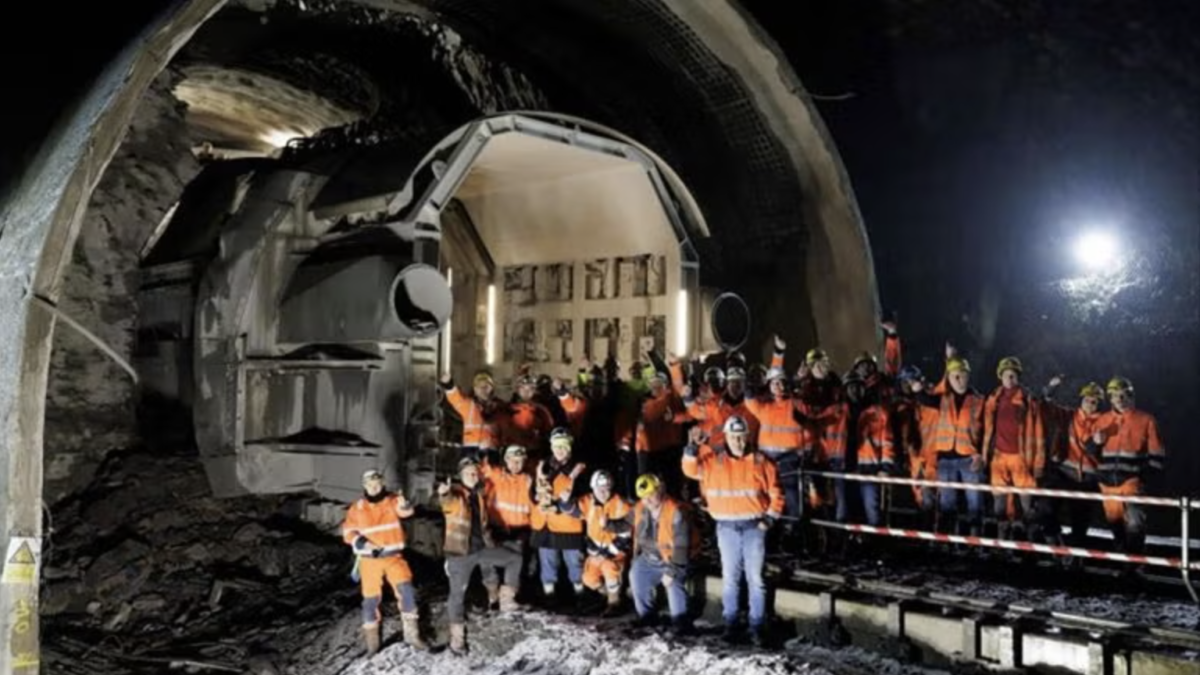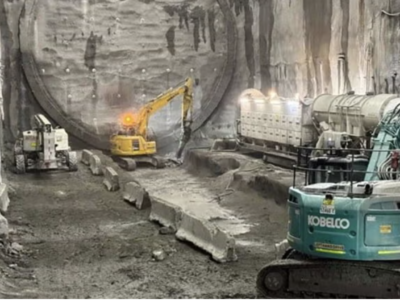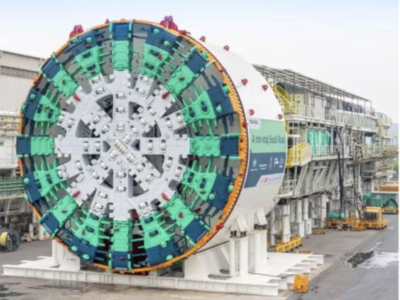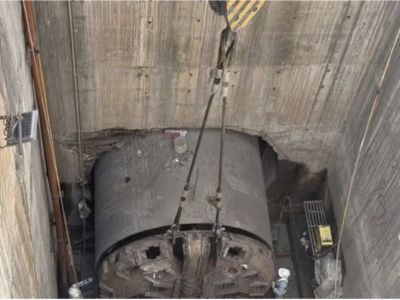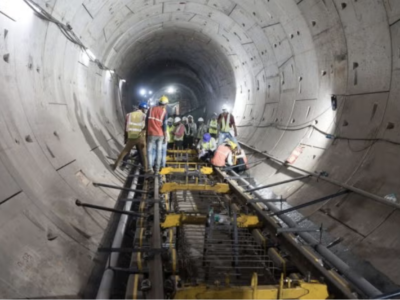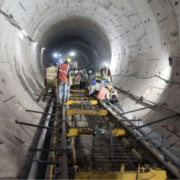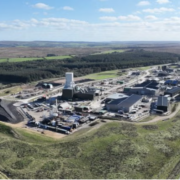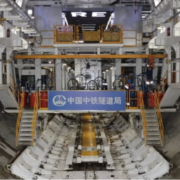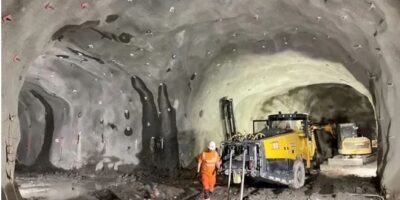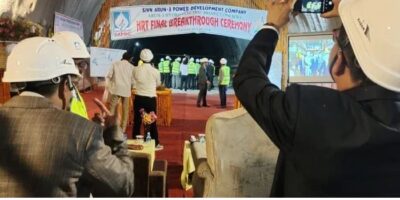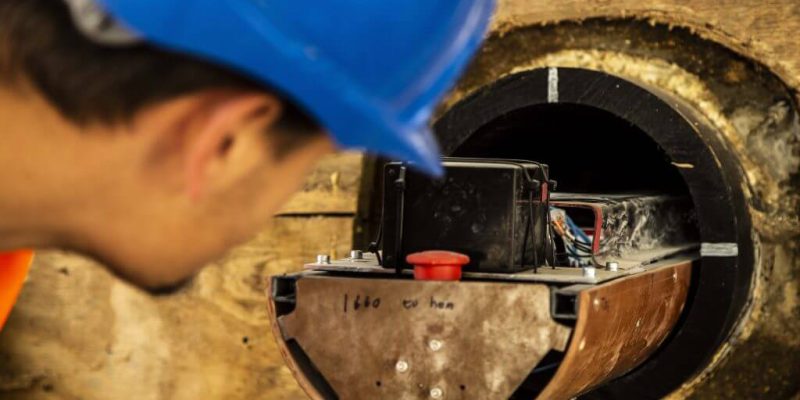
Using robots to construct underground structures, British technology firm hyper Tunnel will collaborate with the University of Birmingham on developing a new tunneling method.
According to NCE sister title Ground Engineering, the tech company has signed a memorandum of understanding with the University of Birmingham to study new methods for tunnel construction, enlargement, monitoring, and repair.
As a first step, the partnership will focus on autonomous tunneling technologies, imaging, and digital simulations. Research collaborations, technology projects, joint publications, secondments, internships, and educational programs will be conducted between the two organizations.
An innovative tunneling method is being developed by Hyper tunnel, which aims to reduce costs, reduce carbon footprints, and accelerate construction speeds.
As part of the concept, robots are used to 3D-print the shell of the underground structures based on a digital twin, after which the construction materials are deployed directly into the ground.
As part of the UK Collaboratory for Research on Infrastructure and Cities (UKCRIC), the University of Birmingham houses the National Buried Infrastructure Facility (NBIF).
Through close collaboration between academia, industry, and government, UKCRIC aims to stimulate research activities in the fields of infrastructure and cities. Research at NBIF is focused on soil/structure interaction, digital twinning, tunneling, and quantum technology sensing.
Furthermore, the memorandum of understanding will allow for joint activities at the university’s new campus in Dubai, UAE, including the establishment of a multi-million-pound Tunnelling Centre of Excellence.
According to Nicole Metje, a professor of infrastructure monitoring at the University of Birmingham, “partnering with pioneering British organizations like Hyper tunnel allows us to expand our research and amplify the impact of both our research and theirs.” As a result of this partnership, NBIF has achieved a significant milestone.
Hyper tunnel co-founder Jeremy Hammond said: “The University of Birmingham is among the top 100 academic institutions worldwide, and NBIF is a world-class facility.
It is a fact that both of our organizations are deeply involved in innovations related to underground infrastructure and the use of underground spaces. The prospect of combining our expertise in this way is really exciting.
As part of the company’s research and development facility in the North Hampshire Downs, Hyper tunnel revealed the world’s first completely robot-constructed tunnel structure in October 2022.



